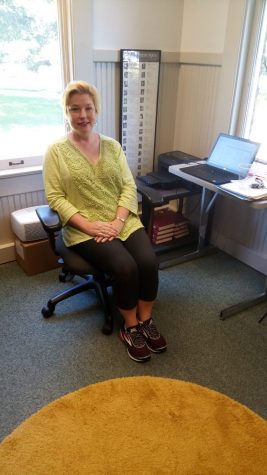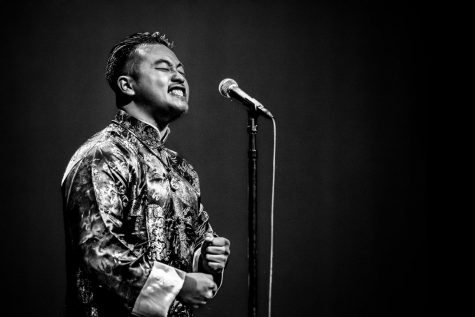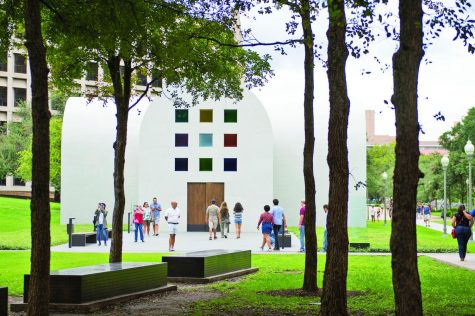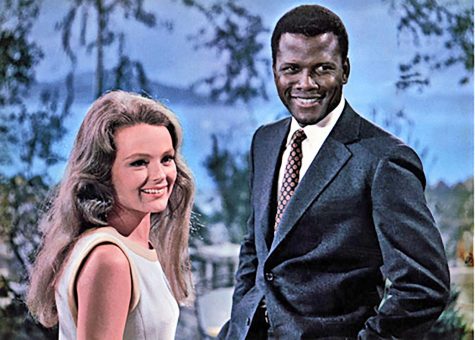Celebrated poet kicks off First Annual Literary Arts Festival
The First Annual St. Edward’s Literary Arts Festival started on a high note when acclaimed poet Matthew Dickman stepped up to the podium on the evening of March 31.
Dickman, author of “The All-American Poem” and many other published poems (including “Fire,” which was published in The New Yorker), has received The Honickman First Book Prize, The Mary Sarton Award from the American Academy of the Arts and Science, the Kate Tufts Award from Claremont College and the 2009 Oregon Book Award.
His style — a shaggy shock of brown hair (which fell messily over the sheared sides of his head), cropped pants, red converse sneakers and thick-rimmed “hipster” glasses — made him virtually indistinguishable from many in the crowd who had gathered to hear him.
The audience was composed largely of art and writing students from St. Edward’s with a few professors and some extra-credit/free-cookie seekers scattered among them.
Dickman seemed excited to be sharing his work, smiling and joking. He had the crowd laughing before he even started reading his work by reciting a brief anecdote about rereading the poetry of St. Edward’s Professor Carrie Fountain in a drunken state with his buddy Steve the night before. Then he really got the audience going when he answered Fountain’s question about a recurrent theme in his works.
“What’s with all the sex?” Fountain asked.
There was a pause.
“Well…it’s awesome…at the appropriate age, at the appropriate time,” Dickman said. “So, since we’re at St. Edward’s…after you’re married.”
Then the reading truly began. Among the most memorable pieces Dickman shared were “V,” the poem he read to open the reading, which is about a girl whose shirt reads “talk nerdy to me.” Another popular selection was “Byron Loves Me,” a piece about a dead English teacher who sometimes haunts Dickman at the foot of his bed. “Ghost Story” was a poem about an inappropriate joke and the unintended psychological consequences of thoughtlessness.
The next poems were three eulogies, written for Dickman’s brother, who committed suicide.
The last poem was also a eulogy — “A Elegy to a Goldfish.” The expressions on the faces of audience members during this reading suggested that it was the most disturbing of the bunch.
Following the reading was a question-and-answer session with the audience. Dickman wrapped up the event by passing on a piece of advice from one of his favorite poets, Larry Levis, urging each member of the audience to find some kind of creative passion, and to then pursue that passion relentlessly.
“The only time we’re truly free is when we’re making art,” Dickman said.





